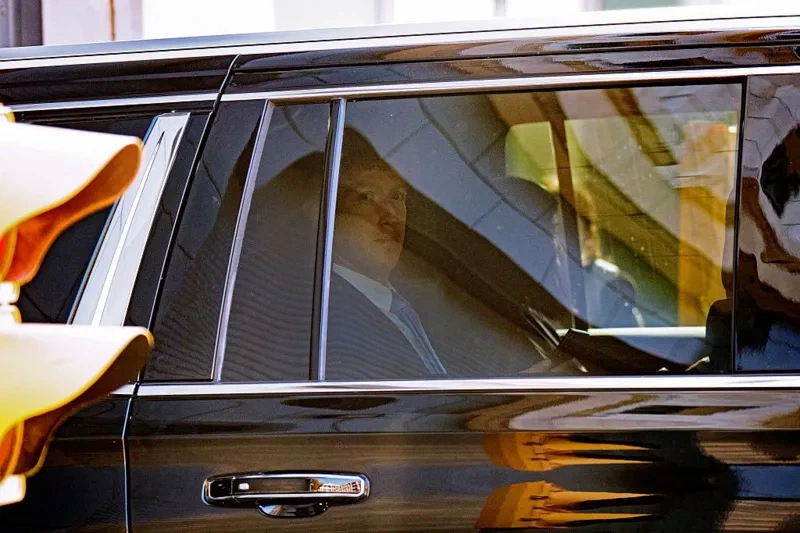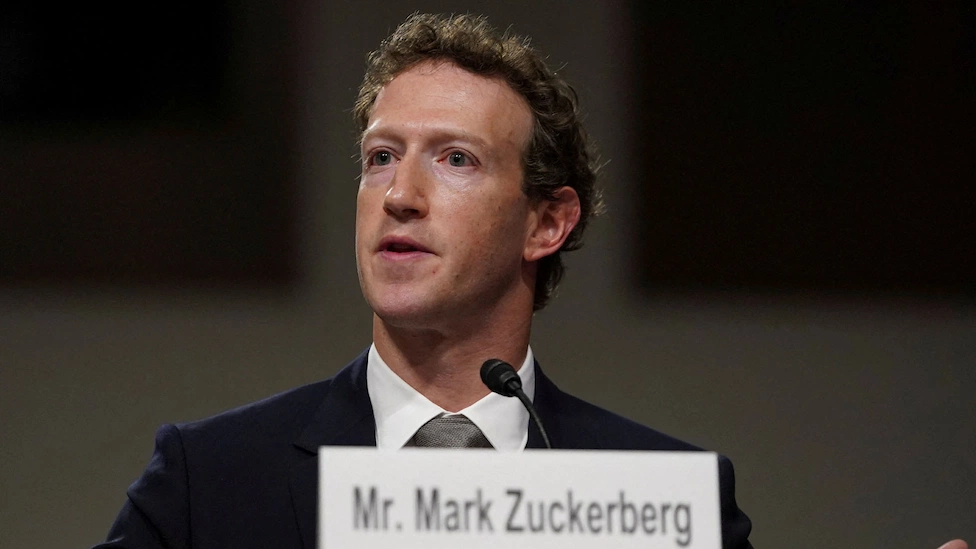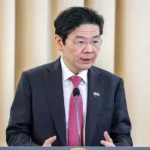Mark Zuckerberg Defends Meta Antitrust Trial: On Monday, April 14, 2025, Meta CEO Mark Zuckerberg appeared in a US federal court to testify in the ongoing Meta antitrust trial. The case, led by the Federal Trade Commission (FTC), began in 2020 and claims that Meta built a monopoly by acquiring rivals like Instagram and WhatsApp.
The FTC wants to break up the tech giant by forcing it to separate these platforms. Zuckerberg defended the company’s actions, saying the purchases aimed to improve services, not eliminate competition. The trial, held in Washington DC, is expected to continue for two months.
Also Read | Harvard Funding Freeze: Trump Administration Withholds $2 Billion Over Antisemitism Dispute
Mark Zuckerberg Defends Meta Antitrust Trial: Insights
- Meta antitrust trial focuses on acquisitions of Instagram (2012) and WhatsApp (2014).
- FTC argues Meta aimed to eliminate future competition.
- Meta claims the acquisitions helped improve user experience and product growth.
- Zuckerberg said he bought Instagram for its camera technology, not to block rivals.
- FTC cited past emails from Zuckerberg suggesting Instagram was a growing threat.
- The FTC calls the 2012 memo discussing “neutralizing” Instagram a “smoking gun.”
- Meta has 3.27 billion daily active users across all platforms.
- Instagram is projected to make up half of Meta’s US ad revenue by 2025.
- Experts believe proving a monopoly in social networking is harder than in search.
- The case is part of a larger crackdown on Big Tech, including Google, Amazon, and Apple.
Background
The Meta antitrust trial stems from a 2020 lawsuit by the FTC. The commission claims Meta, formerly Facebook, used major acquisitions to crush rising rivals. The purchases of Instagram and WhatsApp are at the center of the case. Critics argue these moves gave Meta too much power.
The FTC had approved the deals at the time but later reversed its stance. Since then, Meta has faced growing scrutiny over how it handles competition. The case comes amid wider antitrust efforts targeting other tech giants like Google and Amazon.
Main Event
Mark Zuckerberg defended his company on Monday as the first witness in the Meta antitrust trial. Wearing a dark suit and blue tie, he took the stand at a federal court in Washington DC. The FTC accuses Meta of buying Instagram and WhatsApp to crush competition. They say Meta used its power to dominate the social media space.
Zuckerberg responded by saying the purchases were meant to improve services. He added that Instagram’s camera features were the main reason behind the deal. He called early emails that raised concerns about competition “outdated” discussions.
The FTC, however, highlighted messages showing Meta wanted to “neutralise” Instagram. One email from 2012 was described as a “smoking gun.” FTC lawyer Daniel Matheson said Meta tried to avoid competition by buying rivals.
Meta’s lawyers argued the deals brought value to users. They said both platforms grew significantly under Meta. The company’s attorney also said regulators had approved the deals at the time, making the lawsuit unfair.
Meta now has over 3.27 billion daily users across Facebook, Instagram, and WhatsApp. According to research firm Emarketer, Instagram is expected to drive more than half of Meta’s US ad revenue by 2025.
Zuckerberg is expected to continue testifying as the trial proceeds. The court will hear from more witnesses in the coming weeks.

Meta CEO Mark Zuckerberg arrives at court on Monday, April 14, 2025, for the antitrust trial scrutinizing the acquisitions of Instagram and WhatsApp. The case could reshape Big Tech’s future.
Photo Credits: Getty Images.
Implications
The outcome of the Meta antitrust trial could change how tech giants do business. If the FTC wins, Meta might be forced to spin off Instagram or WhatsApp. This would set a major precedent for future antitrust actions. It may also slow down big tech acquisitions. A win for Meta, on the other hand, could weaken trust in regulators.
Businesses may feel more secure in buying smaller rivals. For users, the result could affect how apps work together. Governments worldwide are watching closely as this case may influence global tech policy.
Conclusion
The Meta antitrust trial marks a major moment in the fight to regulate big tech. While the FTC faces an uphill battle, the case could reshape digital markets. Experts say proving a monopoly in social networking is harder than in search. Still, the trial puts Meta under intense legal pressure. The final verdict could take months but will have lasting effects on the tech industry.



